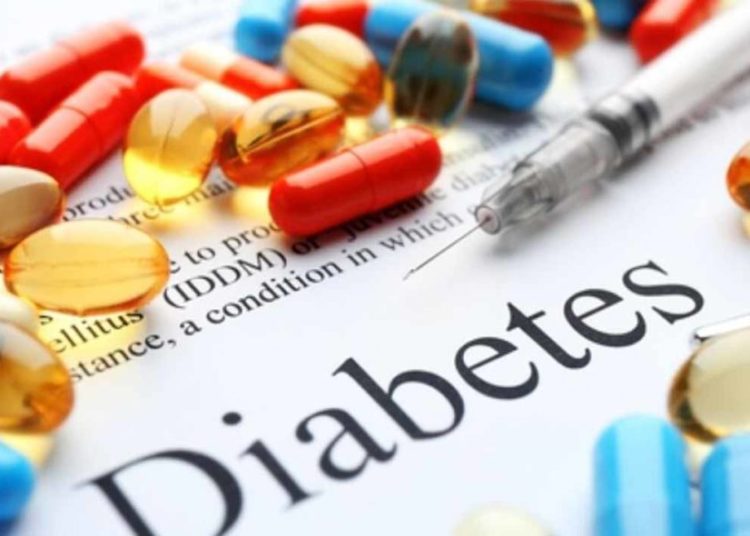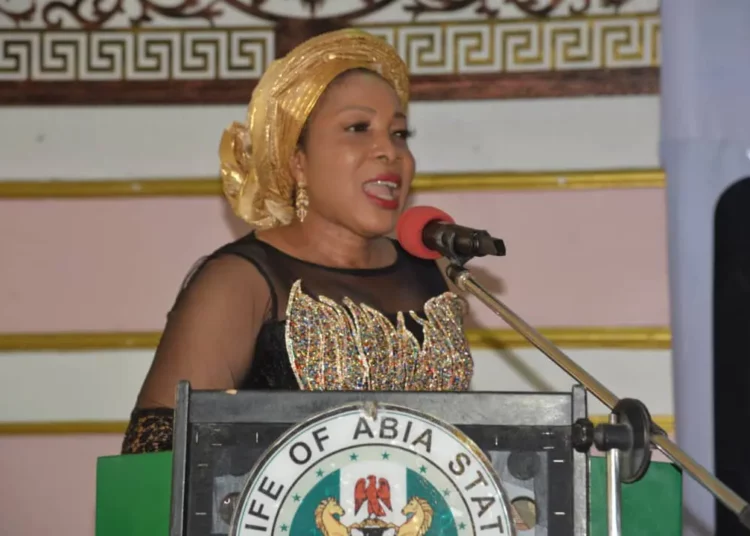
More than half of young women know what to expect from the menopause – thanks to a new culture of speaking out about it.A study of 2,000 women found 34 per cent are more open to discussing menopause with others, while 31 per cent feel prepared to manage symptoms effectively.SWNSMore than half of young women know what to expect from the menopause[/caption]SuppliedAnd 17 per cent admitted this knowledge has made them feel more confident, 15 per cent less nervous and 16 per cent less embarrassed about the milestone life change.
It emerged six in 10 (59 per cent) claim they’re now embracing ageing and everything that comes with it.A further 23 per cent have been involved or are aware of workplace discussions about the menopause, where they currently work.With 82 per cent of these admitting it has made them feel reassured about their own futures.

Cherry Healey, speaking on behalf of Replens, which commissioned the research, said: “The menopause was something that was seen as unimportant until you were going through it.“But this research shows it’s really important to start thinking about the menopause, in many cases here, long before it starts to affect you physically.“Forewarned is forearmed, and there are very few occasions in life when having knowledge about something wasn’t useful to have.
”The study went on to find 65 per cent of Millennial women consider themselves very or somewhat knowledgeable about the issue.As a result, 40 per cent of these feel more open to discussing it with others, while 29 per cent feel more in control of their health and wellbeing in general.And while 36 per cent of Millennial women get most of their information from social media, far more (54 per cent) rely on friends and family.
Across all those polled, 63 per cent believe the stigma around menopause has decreased in the last 10 years, according to the OnePoll.com figures.More than half (53 per cent) have had a chat about the ageing process with someone older than themselves.
The same amount reckon younger generations today are much or somewhat more clued-up on the matter, than generations past.Just over four in 10 (41 per cent) believe more workplace initiatives would help improve menopause awareness.And a similar amount (39 per cent) believe there isn’t currently enough public information available about it.
Cherry Healey for Replens, added: “Menopause is no longer something women should shy away from.“As awareness grows, we’re seeing women – especially millennials like myself – feel more empowered and better prepared to manage their symptoms.“This shift is crucial, as the older of my generation are now reaching their menopausal years.
“However, when it comes to vaginal dryness, there’s still some hesitation to speak openly about it.“We aim to break this taboo by offering both education and trusted products, helping women feel comfortable and supported during this natural life stage.”When to get help and howIt’s important to note that you don’t have to be menopausal to seek help.
Dr Louise Newson, GP and founder of The Menopause Charity and free Balance app, told Fabulous: “Women who are perimenopausal will also benefit from treatment.Dr Newson adds: “Menopause is essentially a long-term hormone deficiency, and the best way to correct that is by replacing those hormones with HRT.“It is now recognised as the most effective treatment for menopause, and can safeguard your future health by helping reduce the risk of osteoporosis, cardiovascular disease, type 2 diabetes and Alzheimer’s.
”If you think you might be menopausal, you can use the free app Balance to track symptoms to show your GP. For information, check out The Menopause Charity, The British Menopause Society or My Menopause Doctor.Having an understanding GP can make all the difference.
If you don’t feel like your doctor is sympathetic or “gets” it, there are things you can do . . .
DO YOUR HOMEWORK: Call your surgery and ask to see another GP – ask for one with interest in women’s health or menopause. Most practices have at least one GP with extra qualifications or an interest in these areas.GET A SECOND OPINION: If at first you don’t succeed, try again.
Don’t be afraid to ask for a second opinion, from another GP, if you feel you’re not being listened to. I’m always delighted when patients come in with an article they’ve torn out of the newspaper, or a printout of something they read online. It means they’re invested in their health as much as I am.
It means we’re on the same team.TRACK IT: if worried about explaining your symptoms properly, try a tracking app. The Balance app is free and is a down-loadable diary to help you track symptoms.
You can take it to show your GP, it’s a great way to show what you’re going through.KNOW THE DRILL: If you are over 45 and showing signs of menopausal symptoms, GPs do not need to check your hormones with blood tests. Clinical guidelines suggest that, over 45, GPs should diagnose based on symptoms, not hormone levels.
Only women under 45 should be sent for hormone checks.ASK WHY: If your GP is reluctant to prescribe HRT, don’t be afraid to ask for the reason. It might be that you have something in your history – you’ve had breast cancer, for example – that means you might not be suitable.
BE ALTERNATIVE: Ask about other options. For example, Vagifem is an oestrogen cream often prescribed for sex-related symptoms like a dry or itchy vagina..















